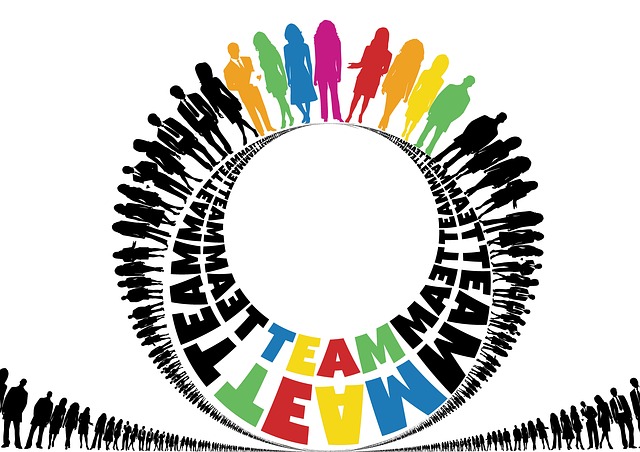Cooperative Learning vs Group Work
While both cooperative learning and group work involve the participation of a group, they differ in their objectives and approaches. Group work aims to complete a task together, while cooperative learning is a pre-planned, structured teaching method that focuses on developing individual and group skills.
Key Takeaways
- Cooperative learning focuses more on the learning experience for the participants, while group work emphasizes task achievement.
- In cooperative learning, work is pre-planned, and groups are carefully formed, unlike in group work.
- Group work may foster competition, while cooperative learning promotes individual accountability and equal opportunities for learning among participants.
What is Cooperative Learning?
Johnson et al. identified five key elements that differentiate cooperative learning from merely organizing students into groups. These elements include positive interdependence, individual accountability, face-to-face accountability, interpersonal and small group social skills, and group processing. By concentrating on both individual and group skills, cooperative learning ensures each member’s responsibility for task achievement while promoting group spirit and avoiding drawbacks like competition among participants. In this method, everyone facilitates each other’s learning while successfully completing the given task. Leadership is shared by all, and attention is given to understanding and improving group functioning for future tasks. Cooperative learning may also promote diversity by including members with diverse abilities and backgrounds in the group.
What is Group Work?
Group work is task-oriented, prioritizing the completion of the given task over providing a comprehensive learning experience for participants. In traditional group work, equal opportunities and group spirit are not promoted. A group leader is typically appointed, limiting opportunities for other members to assume leadership roles within the group. This approach negatively affects individual accountability because responsibility is centered on group leaders. Since equal opportunities are not provided, group work may promote competition among group members. Traditional group work is not carefully planned, nor is specific attention given to group formation to ensure a complete learning experience.
What is the difference between Cooperative Learning and Group Work?
- Cooperative learning focuses more on the learning experience for the participants, while group work gives attention to task achievement.
- In cooperative learning, work is pre-planned, and groups are carefully formed, unlike in group work.
- A leader is in charge of group work, while cooperative learning promotes individual accountability.
- Group work may pave the way for competition, while cooperative learning promotes equal opportunity and learning for its participants.
Although group work provides participants with the opportunity to work in a group, cooperative learning guarantees better individual, interpersonal, and social skills for its participants.
